
Judging committee

Sunand Prasad OBE
Programme director, European Healthcare Design; Principal, Perkins&Will, UK
Sunand Prasad is a principal at Perkins&Will. While designing across several sectors, he has been consistently engaged in healthcare and sustainability for four decades. At the core of his architectural practice, alongside interdisciplinary collaboration, Sunand holds a passionate belief that expertise and aesthetic judgement are most effective in creating truly successful environments when they are catalysed by the everyday experience of people.
Sunand has been active in the wider built environment industry, particularly championing low-carbon, regenerative design, and until recently, as chair of the UK Green Building Council. He was President of the Royal Institute of British Architects (RIBA) from 2007 to 2009, campaigning for action on climate change. He was founding member of the UK Government’s Commission for Architecture and the Built Environment; a London Mayor’s design advocate; a trustee of the Centre for Cities; and Chair of the trustees of Article 25, the humanitarian architecture charity. He currently chairs the Editorial Board of the Journal of Architecture and the External Advisory Board of TRUUD, a major research project on the fundamental links between health and urban development. He has written widely on architecture, sustainability and healthcare design, such as the book 'Changing Hospital Architecture'.
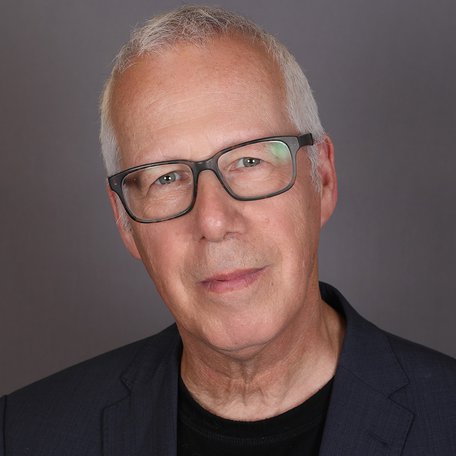
Prof Jeremy Myerson
Academic director and co-founder, Healthy City Design; Professor emeritus, Helen Hamlyn Centre for Design, Royal College of Art, UK
Jeremy Myerson has been academic, author and activist in design for more than 40 years. He co-founded the Helen Hamlyn Centre for Design in 1999, and was its director until 2015. Last year, he received emeritus professor status at the RCA, and he continues to direct his own venture, the WORKTECH Academy, which provides a forum for academics and practitioners to share new ideas on the future of work and workplace. He is the author of more than 20 books on a wide range of subjects in art, design and architecture, and he has curated many national design exhibitions. He has been at the helm of the Healthy City Design Programme Committee since the Congress’ inception in 2017.
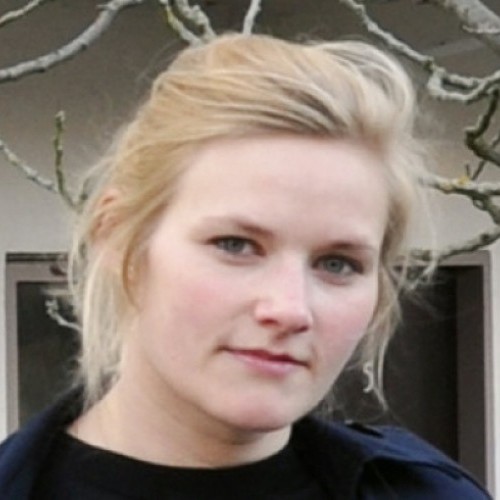
Camilla Siggaard Andersen
Founder, Occasio Insights, UK
Camilla Siggaard Andersen is a leading expert in evidence-based design, specialising in placemaking, mobility and innovation. Her extensive experience includes delivering projects across Scandinavia, North America, Europe, Australia, and Asia for world-renowned companies like Gehl, Arup, and Hassell.
Camilla has been recognised as an NYU Emerging Leader in Transportation (2017) and a Future Stars of Tech nominee (2019). Her influential research on the future of mobility includes "Streets ahead: Integrating design and technology in future streets”; "Close to home: Exploring 15-minute urban living”; and "Corridors: Designing linear infrastructure in a non-linear world”.
She is also the lead author of the Open Public Life Data Protocol. Camilla currently chairs the NLA’s Built Environment Technology Expert Panel and recently served as content curator for the Greater London Authority’s high streets-focused knowledge-sharing platform, Property X-Change. In 2024, Camilla founded Occasio Insights, a tech startup dedicated to safeguarding the future of thought leadership in the AI era.
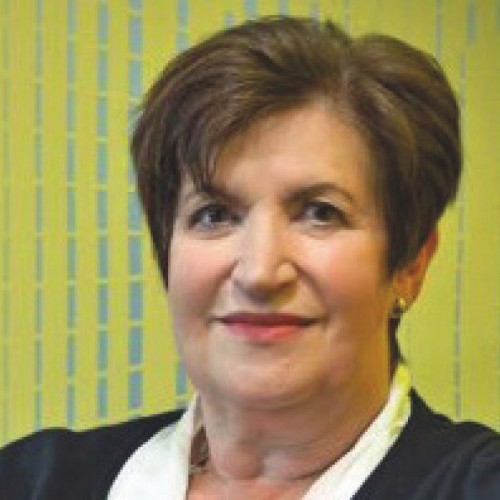
Beatrice Fraenkel
Design regeneration and health consultant; Trustee, Design Council, UK
Beatrice is an industrial designer and ergonomist with particular expertise in designing systems and products aligned to end user requirements. Her early career was in design, ergonomic research and teaching at UMIST and Liverpool University. Her public-sector life has always involved regeneration and economic development schemes at a local and regional level – first as chair of the Rope Walks Partnership in Liverpool, then as chair of Renew NW. Beatrice was a non-executive director of Liverpool Health Authority, then chair of South Liverpool Primary Care Trust. Beatrice is a CQC special advisor specialising in governance and leadership. She is a trustee of the Design Council and an Hon.FRIBA. Her past roles have included chair of a housing association, trustee of Tate Liverpool, and chair of the Architects Registration Board.
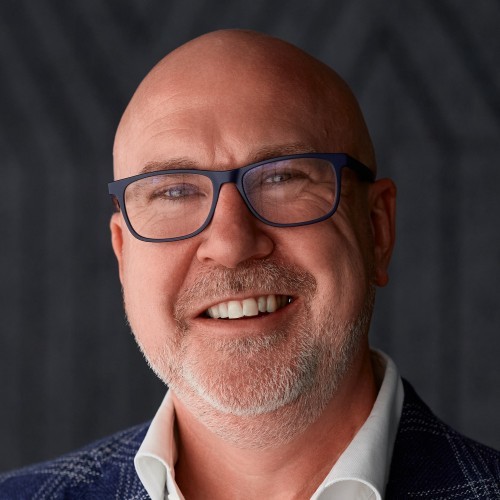
Max Farrell
Chair, Healthy City Design; Founder and CEO, LDN Collective, UK
Max is the new Chair of the Healthy City Design Congress, guiding its next chapter at a pivotal moment for health, place, and public policy. In this role, Max will bring valuable knowledge, expertise and an extensive network of developers, investors, planners, designers, public health professionals, policymakers, and community leaders to strengthen the Congress as the leading interdisciplinary platform for evidence-led debate, collaboration, and action in the creation of healthier cities.
Max’s interests and expertise closely align with the ambitions of the Congress. With a background in urban planning and strategic communications, he has long championed people centred placemaking, social value, and the integration of health into the planning, design, and delivery of the built environment, with a particular focus on improving quality of life and reducing inequalities through better places. Alongside his role as Chair, Max is Founder and CEO of the LDN Collective, a network of built environment specialists working to improve people’s lives and the planet’s prospects. The Collective brings together expertise in placemaking and urban design, social value and co design, branding, communications, and engagement. Current projects include major regeneration initiatives, new communities, and innovative approaches to public realm, retrofit, and reuse across the UK and beyond.
Max is Immediate Past President of the LAI Land Economics Society, London chapter, Chair of Built Environment Policy for West London Business, Lead Judge for the Healthy City Design Awards, and a Fellow of the RSA. He was Project Lead and Author of the Farrell Review of Architecture and the Built Environment, commissioned by the UK Government, which made 60 recommendations, many of which have since been implemented. He advises a number of organisations working at the intersection of health, place, and policy, including Demos, Urban Design London, the Place Alliance, the Urban Room Network, and the Quality of Life Foundation.

Lourdes Madigasekera-Elliott
Public health strategic lead, Creating Healthy Places, East Sussex County Council, UK
Lourdes is a public health professional who leads on creating healthy and sustainable places in East Sussex for East Sussex County Council. Lourdes has a background in international development, programme management, sustainability, political science, and sociology which includes a Masters in African Studies from Oxford University. In England, she co-chairs both the national health in all policies network and the southeast regional healthy places (built and natural environment) network. Lourdes and her team work to embed ‘Health in All Policies’ and lead on ‘Creating Healthy Places’ from a public health perspective. Using a ‘whole systems approach’, Lourdes works to influence decisions made in sectors other than ‘health’ that can positively or negatively affect the wider determinants of health and health inequalities. This includes a specialist focus on ‘planning for health/designing in health’ and planetary health. Lourdes provides expertise on health impact assessments and national strategic infrastructure projects.
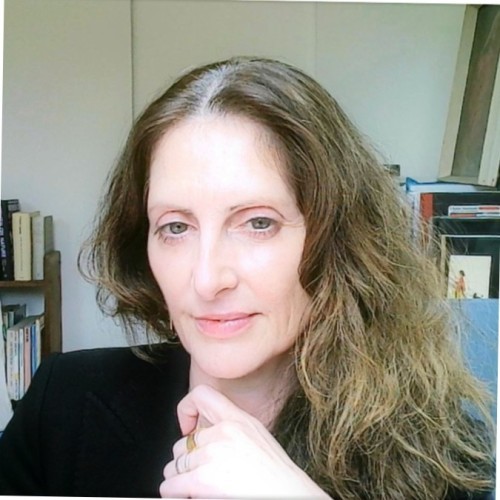
Sue Morgan
Director, Around the Block; Advisor, SALUS Global Knowledge Exchange, UK
Sue has more than 30 years’ experience of working at the interface of the built and natural environment. Supporting regenerative, resilient and equitable cities that place landscape and nature at the heart, with a specific focus on systemic governance change and long-term stewardship mechanisms.
She has been CEO at the Landscape Institute, Wandle Valley Regional Park Trust, and Design Council. Founder of the Bankside Open Spaces Trust and her own consultancy Around the Block, she has also held senior positions with London local authorities, Groundwork London, Better Bankside (BID), Building Services Research Information Association (BSRIA), and a number of London Urban Study Centres.
A landscape architect and lecturer by training, Sue is now working on a wide portfolio of interest, as an advisor and mentor. Sue is a fellow of the Royal Society for Arts; Design Council ambassador; active participant of the Klosters Forum; member of Royal Parks Guild; and a supporter for Thornton Education Trust.
Notable consultancy work includes award-winning restoration of the celebrated brutalist Grade 2 listed Alexandra and Ainsworth park landscape in Camden, and numerous awards for work in the Wandle Valley Regional Park.
Her credentials include: BA Hons Theatre; BA Hons Landscape Architecture; Dip Hons Landscape Architecture; and PGCE further education.

Mark Drane PhD
Director, Urban Habitats, United Kingdom
Mark is a researcher and practitioner with 20 years’ experience. He works across the fields of public health, urbanism, and architecture. His work addresses wider determinants of health, focused on promoting holistic wellbeing, and reducing health inequalities.
Mark has recently completed his doctoral research, Healthy Streetlife, undertaken during the Covid-19 pandemic observing the impact of the street environment on health. This research has been based at the WHO Collaborating Centre for Healthy Urban Environments, UWE Bristol.
As the founder and director of Urban Habitats Mark’s practice work encompasses population health across a spectrum of topics and methods. This includes working at a whole country scale with the WHO Collaborating Centre on Investment for Health and Wellbeing at Public Health Wales. He works at all urban scales including community co-design and addressing community agency as a determinant of health.
With a background in practice and industry Mark has been involved in the delivery of over £2 billion of capital investment in social infrastructure. Mark has experience with a broad range of stakeholders across the urban health ecosystem from many different systems and sectors.
Happiest whilst on a bicycle Mark is an optimistic gardener and lives in Cardiff, Wales with his family.



